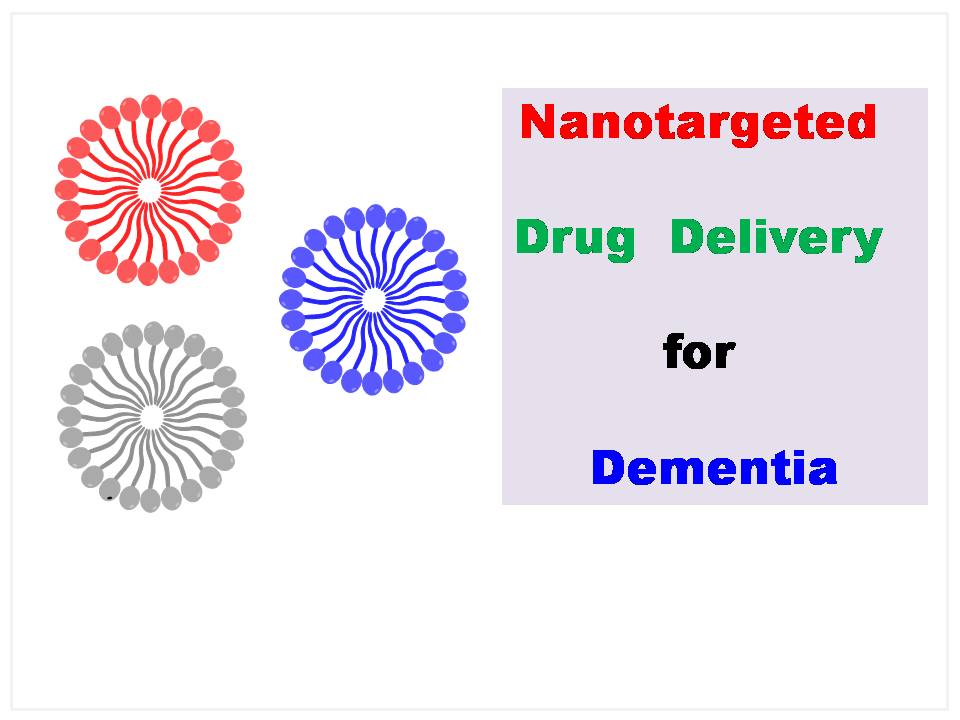Title
Biobased Nanoemulsion Methodology Aimed at Nanotargeted Drug Delivery for Dementia
Authors
Joseph S. D'Arrigo
Cavitation-Control Technology Inc., Farmington, CT 06032, USA.
1Present address: Cav-Con Inc., Bellevue, WA 98007, USA.
*Corresponding author E-mail address: cavcon@ntplx.net
Article History
Publication details: Received: 09th May 2021; Revised: 29th July 2021; Accepted: 29th July 2021; Published: 02nd August 2021
Cite this article
Joseph S. D'Arrigo. Biobased Nanoemulsion Methodology Aimed at Nanotargeted Drug Delivery for Dementia. Nano Prog., 2021, 3(6), 11-18.

Abstract
Microvascular endothelial dysfunction precedes often by decades, the cognitive decline associated with Alzheimer's disease. Potential treatment is practicable via incorporating appropriate drug(s) into biobased (lipid cubic phase) nanocarriers, yielding a multitasking combination therapeutic which targets certain cell-surface scavenger receptors (mainly SR-BI), and then crosses the blood-brain barrier (BBB). The SR-BI receptor is amply expressed by endothelial cells – including those comprised within the BBB – and this receptor is involved in the endothelial protective effects of high-density lipoproteins (HDL). These HDL-associated protective effects on the endothelial-cell lining of the vasculature include antioxidant and anti-inflammatory properties, which are mostly due to HDL's proteome. Meanwhile, the actual targeting function of the biobased nanocarrier is facilitated by documented similarities in lipid composition, between naturally occurring HDL and the colloidal-nanocarrier particles, which effectively simulate or mimic the known heterogeneity (i.e., subpopulations or subspecies) of HDL particles. Such colloidal drug-nanocarrier targeting can potentially be extended to the treatment of complex medical disorders like dementia, and allows for various Alzheimer's-related cell types to be simultaneously searched in a holistic integrative approach. This (nanocarrier-) targeting advantage, in vivo, may be particularly important when delivering pleiotropic natural substances (e.g., a stilbenoid) or for repurposing an FDA-approved drug.
Keywords
Alzheimer's disease; Cognitive impairment; Nanoemulsion; SR-BI; Vascular dementia